The Political Director summarized Viktor Orbán’s main assertions in his article which the Prime Minister had outlined at the Széll Kálmán foundation’s private Christmas Dinner where he discussed the future challenges and outlook for Hungary. In connection with this, Balázs Orbán wrote in his Mandiner article that, “the biggest challenge facing our country is breaking out of the category of medium-developed countries and catching up with developed countries while reaching a status of regional medium power in Central Europe.
This is a task that Hungary must fulfill soon, as we forge ahead, otherwise the conditions for advancement will evaporate and our window of time will pass.
However, the fact that Hungary has to navigate this development path within a fragmented world order is a challenge. “The contours of the new world order are only forming right now, but one thing is sure: if the bloc-based international order of the Cold War era is reinstated, international relations and trade will be threatened, and consequently Hungary’s relevance could be threatened as well. This all poses a fundamental challenge to our country, which is on an intensive course to development,” said Balázs Orbán in his Mandiner article.
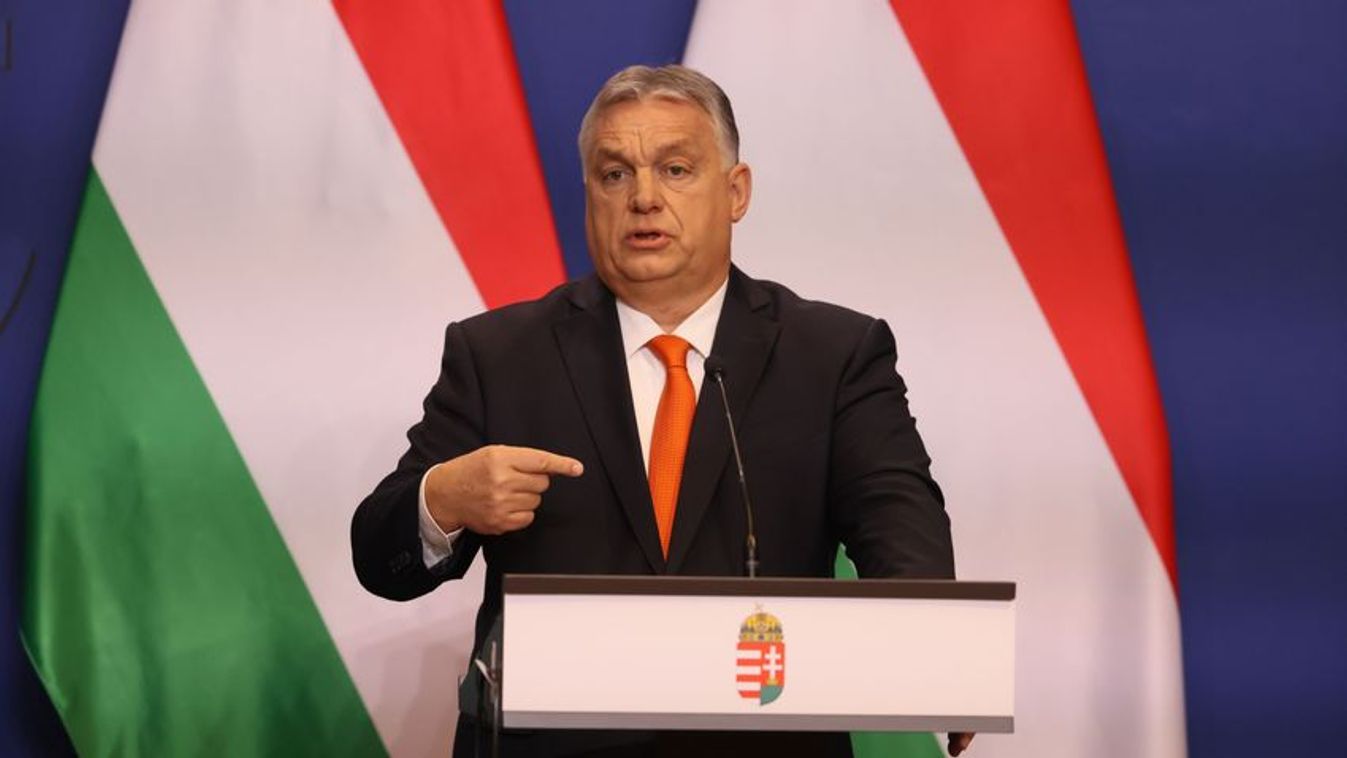
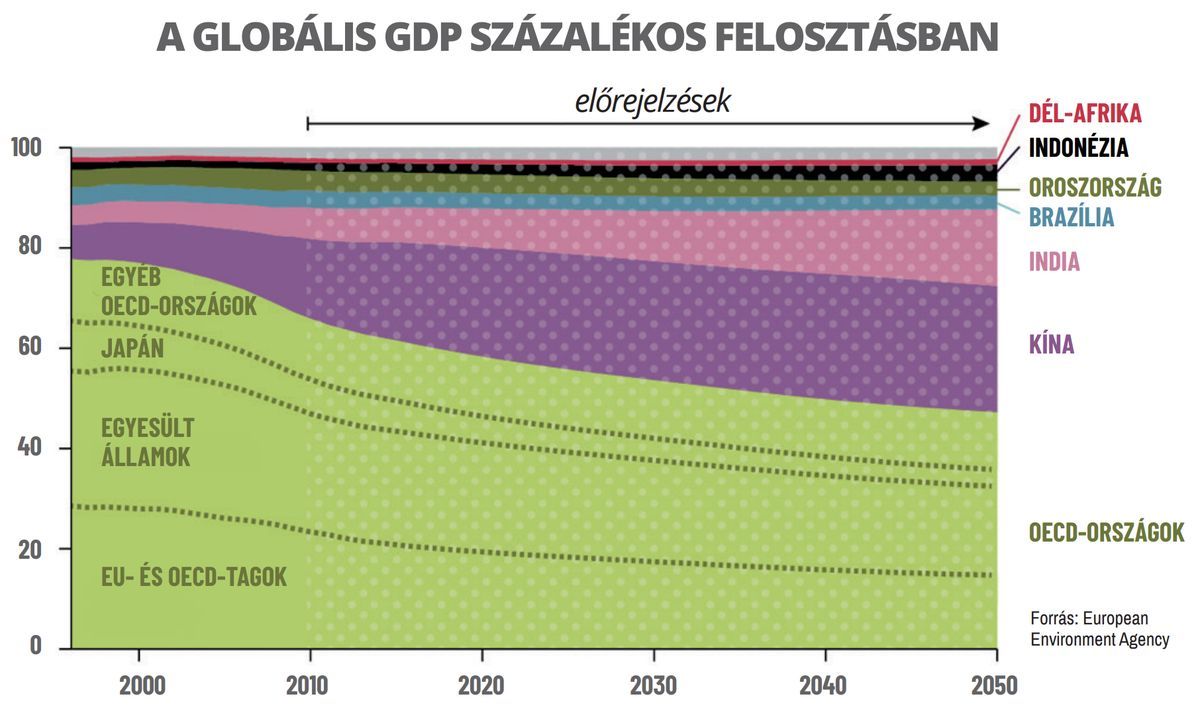
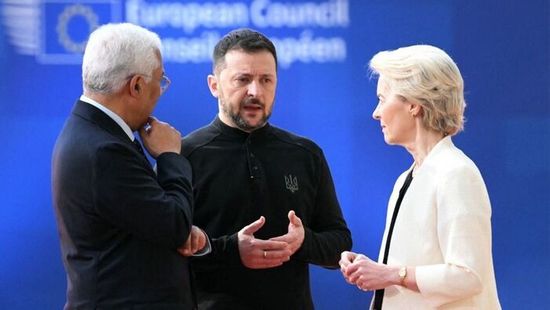
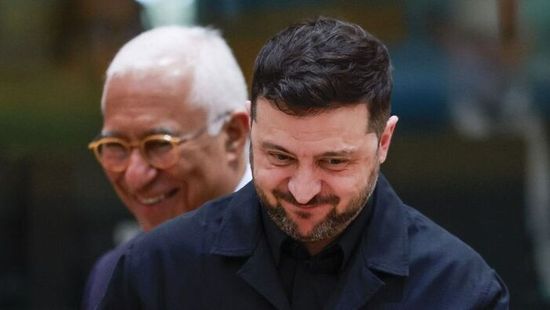
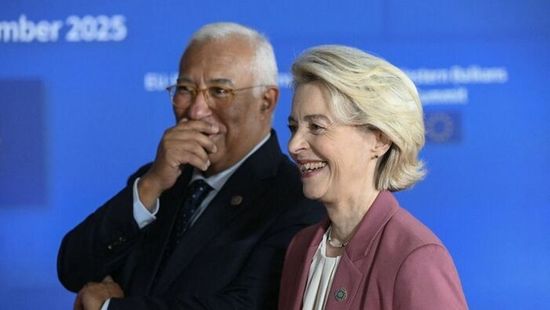
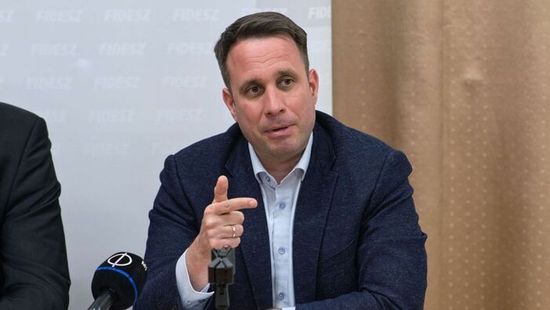

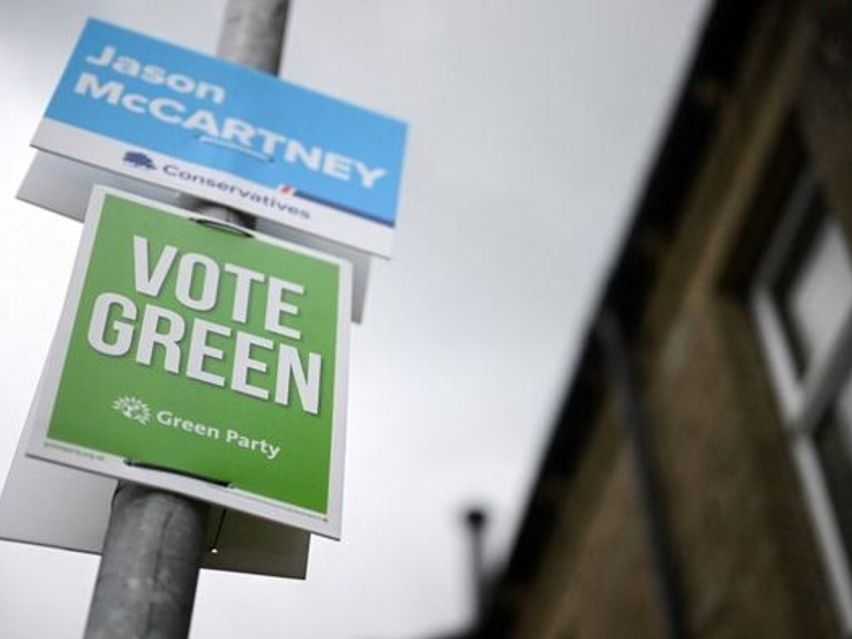
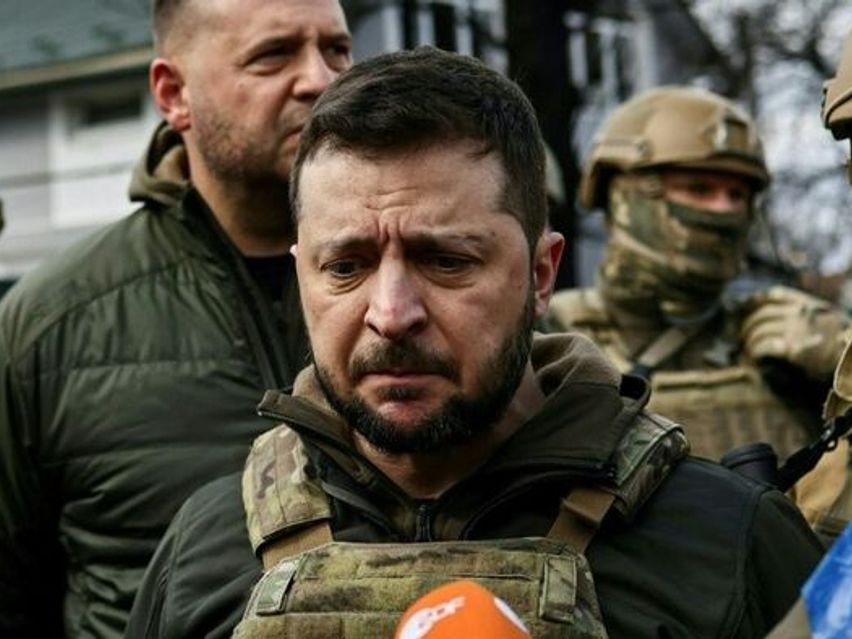
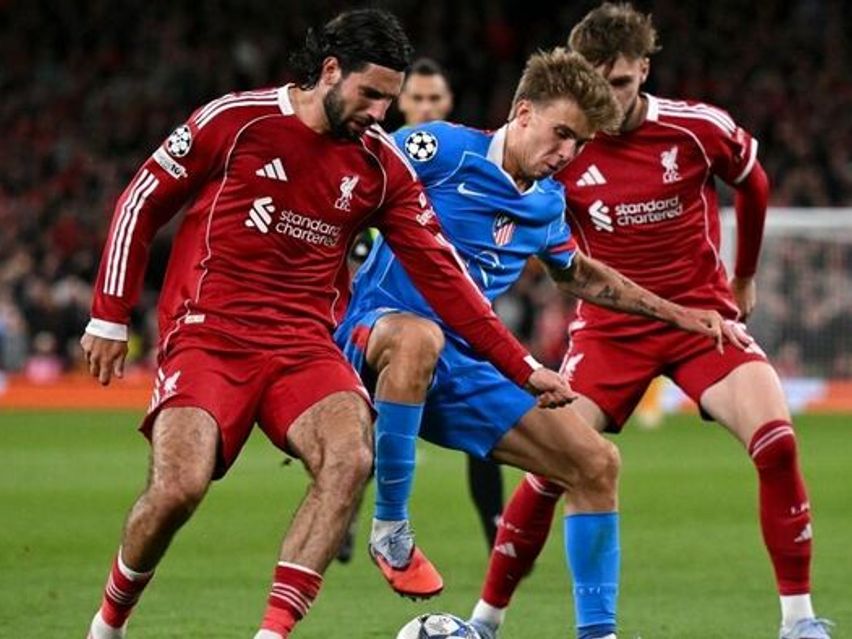


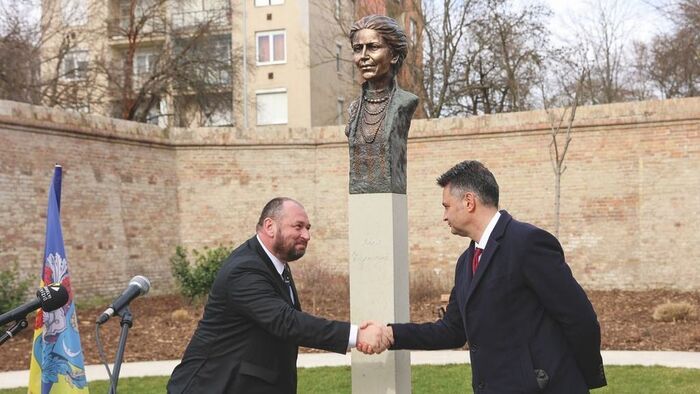
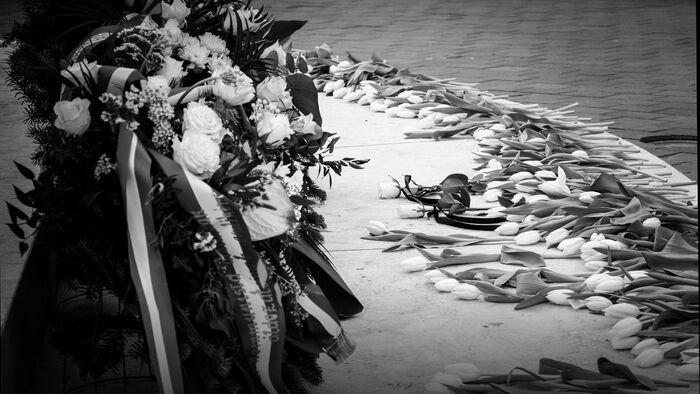
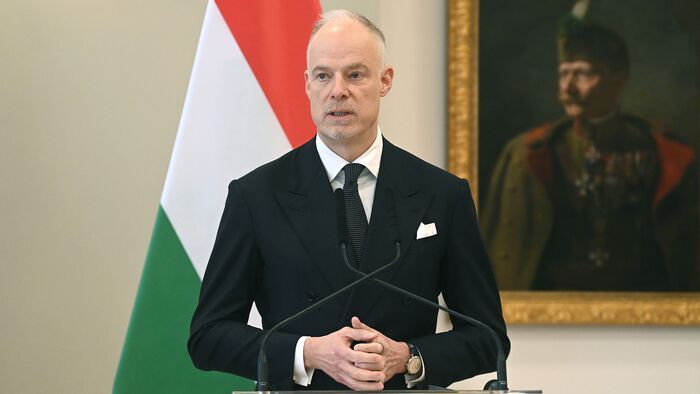
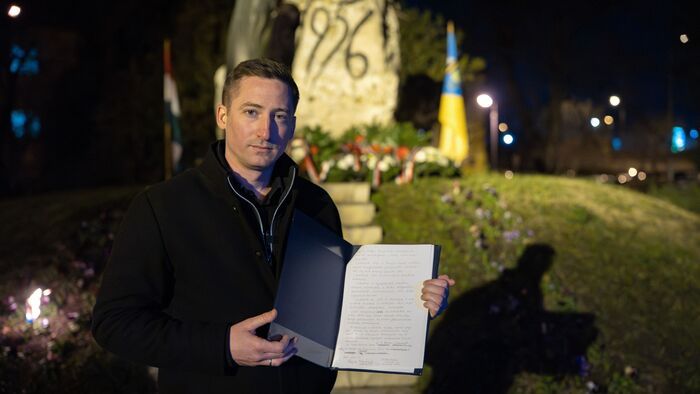
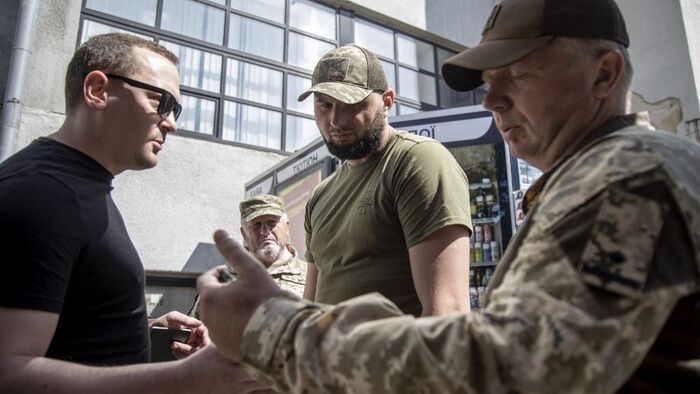
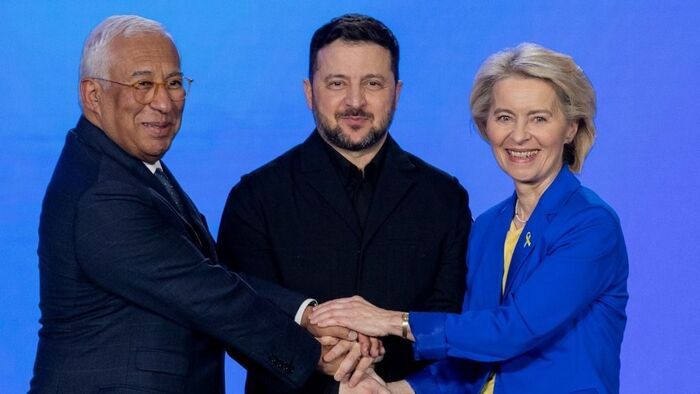
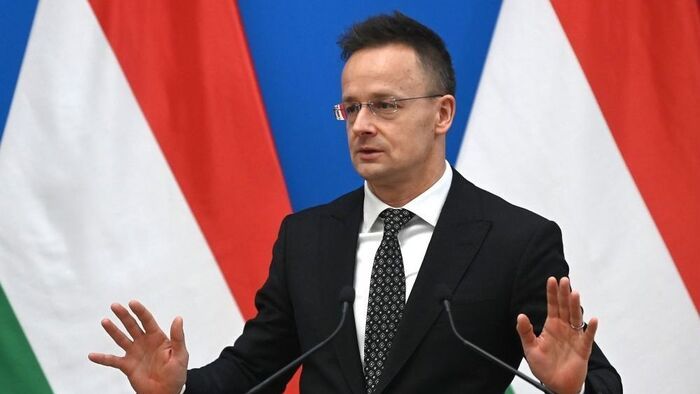





Szóljon hozzá!
Jelenleg csak a hozzászólások egy kis részét látja. Hozzászóláshoz és a további kommentek megtekintéséhez lépjen be, vagy regisztráljon!